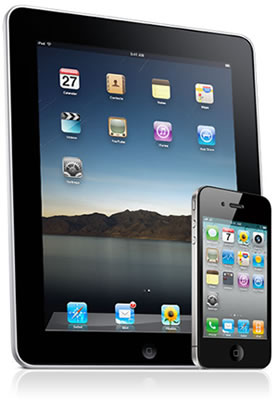Back in March, Amazon launched its own Android App Store and was promptly greeted with a formal complaint by Apple, claiming the name is too similar to its own App Store and that the online retailer is improperly using its trademark in connection to their application download service. Amazon responded in court, calling Apple's claim to the App Store trademark baseless, and noting that the term is too generic for Apple to claim its exclusive use.
Apple refuted Amazon's rationale and filed for a preliminary injunction last month. As it turns out, U.S. District Judge Phyllis Hamilton has denied Apple's request, saying the company has not established the likelihood of confusion between the competing brands.
"The court finds that Apple has not established a likelihood of success on its dilution claim. First, Apple has not established that its 'App Store' mark is famous, in the sense of being 'prominent' and 'renowned'. The evidence does show that Apple has spent a great deal of money on advertising and publicity, and has sold a large number of apps from its AppStore, and the evidence also reflects actual recognition of the 'App Store' mark. However, there is also evidence that the term 'app store' is used by other companies as a descriptive term for a place to obtain software applications for mobile devices."
To Apple's credit, the judge also said she did not agree with Amazon's contention that the App Store mark is purely generic, pointing out that the term was not widely used before Apple launched its service a little over three years ago. Nevertheless, the ruling means Amazon's can keep using the "app store" term and so can others.
Earlier this year Microsoft asked the U.S. Patent and Trademark Office to reject Apple's application to trademark the term "App Store" because it is too generic. HTC, Nokia, and Sony Ericsson joined them to invalidate it in Europe. Meanwhile, Apple countered back by reminding Microsoft that it successfully trademarked "Windows" a few decades ago.
